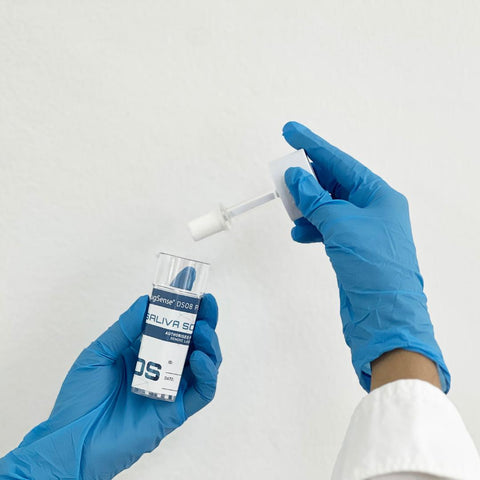Maintaining a drug-free workplace is crucial for safety, productivity, and legal compliance. Employers are obligated under the Model Work Health and Safety (WHS) Act 2011 to ensure the health and safety of their workers. This includes managing risks associated with drug and alcohol use.
This guide outlines the essential legal requirements and best practices for workplace drug testing in Australia.
Employer responsibilities under workplace drug testing laws
Employers must provide a safe working environment, as mandated by the Model WHS Act 2011. This includes implementing measures to prevent and address substance abuse in the workplace.
Developing a comprehensive drug & alcohol policy:
- Clear Communication: Establish a written policy detailing the company's stance on drug and alcohol use, testing procedures, and consequences for violations.
- Employee Involvement: Engage employees in the development and implementation of the policy to ensure transparency and acceptance.
- Regular Reviews: Update the policy periodically to reflect changes in legislation and workplace dynamics.
Reach out to Andatech to book a free consultation on creating a drug & alcohol policy for your organisation.
Types of workplace drug testing
- Pre-employment testing: Screening potential employees before hiring to ensure a drug-free workplace.
- Random testing: Conducting unannounced tests to deter substance use among employees.
- Post-incident testing: Testing employees involved in workplace incidents to determine if substances contributed to the event.
- Reasonable suspicion testing: Testing based on observable signs of impairment.
- Return-to-duty testing: Ensuring employees are fit to resume work after a violation or rehabilitation.
Industry-specific regulations & legal standards
Certain industries have stricter regulations due to the nature of their work:
- Mining & Construction: These high-risk sectors often require regular drug testing to comply with safety regulations.
- Transport & Logistics: Governed by the National Heavy Vehicle Regulator (NHVR), employees in this sector must adhere to strict drug and alcohol policies.
- Aviation: The Civil Aviation Safety Authority (CASA) mandates Drug and Alcohol Management Plans (DAMP) for aviation personnel.
- Rail & Maritime: Subject to specific safety-critical regulations requiring routine testing.
LEARN MORE: Ensuring aviation safety through drug and alcohol management plans
Employers should consult the relevant regulatory bodies to ensure compliance with industry-specific requirements.
Employee rights & legal considerations
Privacy & consent:
Employers must balance safety concerns with employee privacy rights. It's essential to obtain informed consent before conducting tests and to handle results confidentially.
Handling positive test results:
- Disciplinary actions: Clearly outline the consequences of positive tests in the company policy.
- Support programs: Consider offering assistance programs for employees struggling with substance abuse.
Unfair dismissal claims:
Ensure that all testing procedures and disciplinary actions are conducted fairly to avoid legal disputes.
READ MORE: Addressing employee concerns on drug & alcohol testing
Implementing a legally compliant drug testing program
- Policy development: Create a comprehensive policy in line with legal requirements and best practices.
- Training: Educate management and staff on the policy, procedures, and the importance of maintaining a drug-free workplace.
- Testing Procedures: Utilise testing methods that comply with Australian Standards, such as AS/NZS 4308:2008 for urine drug testing and AS 3547 for breathalysers.
- Partnering with professionals: Work with accredited testing providers to ensure accuracy and compliance.
In a nutshell
Adhering to workplace drug testing laws is essential for ensuring safety and legal compliance. Employers should develop clear policies, stay informed about industry regulations, and implement best practices to manage substance-related risks effectively.
For reliable and compliant testing solutions, consider partnering with reputable providers who offer certified breathalysers and drug test kits to support your workplace safety initiatives.






